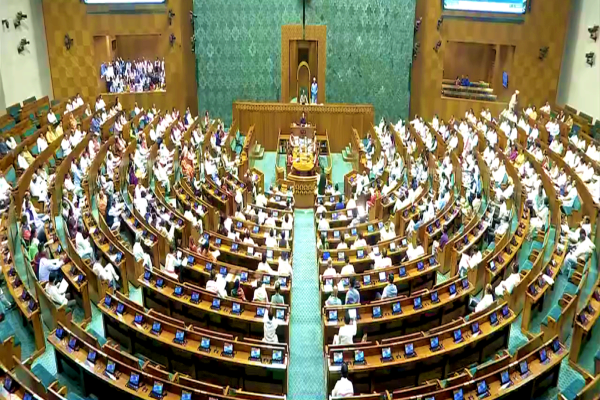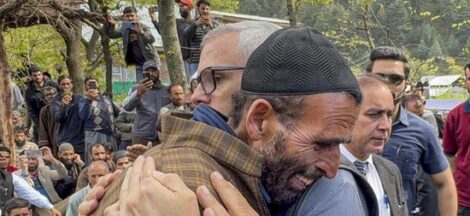The Joint Committee on the Waqf (Amendment) Bill is set to hold its inaugural meeting on Thursday. This committee, comprising 31 members and led by BJP’s Jagdambika Pal, has been formed to scrutinize the contentious bill that has garnered significant debate from political parties and Muslim organizations alike.
The Waqf (Amendment) Bill aims to amend existing legislation governing waqf properties, which are charitable endowments under Islamic law. Proponents argue that the bill will enhance transparency and efficiency in the management of waqf properties. However, opponents raise concerns that it could undermine the autonomy of waqf boards and affect the interests of minority communities.
During the meeting, committee members will engage with representatives from the Ministries of Minority Affairs and Law and Justice. The discussion will focus on addressing the criticisms and clarifying the bill’s provisions to ensure that the interests of all stakeholders are considered.
The bill’s examination has sparked a heated debate across the political spectrum. Critics argue that the proposed amendments could lead to increased government interference in waqf affairs, potentially infringing on the rights of minority communities to self-manage their charitable assets. Supporters, on the other hand, contend that the reforms are necessary to address inefficiencies and improve accountability within the waqf system.
The committee’s deliberations will be crucial in shaping the future of the Waqf (Amendment) Bill. Its findings and recommendations will be closely watched by various interest groups, including political parties and community organizations, who have voiced strong opinions on the bill’s impact.
This initial meeting marks the beginning of what is expected to be a comprehensive review process. The committee will need to balance diverse perspectives and ensure that the final recommendations reflect a fair and informed assessment of the proposed changes to the waqf legislation.
As the discussion unfolds, it will be essential for the committee to address concerns transparently and engage with all stakeholders to foster an environment of constructive dialogue. The outcome of this review could have significant implications for the management of waqf properties and the broader landscape of minority affairs in the country.




 Thiruvananthapuram Airport Declares Emergency After Bomb Threat
Thiruvananthapuram Airport Declares Emergency After Bomb Threat 